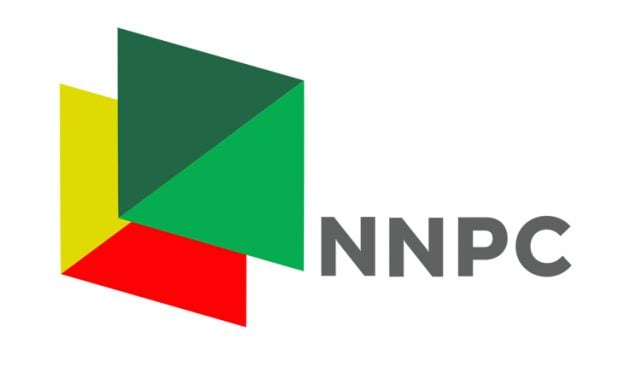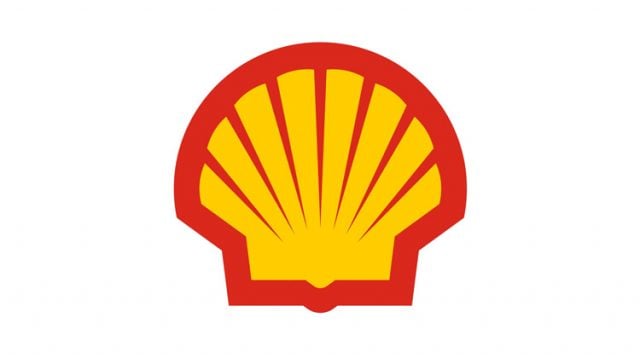
The Nigerian National Petroleum Company Limited has called on the Nigerian Upstream Petroleum Regulatory Commission to deepen its investment facilitation role, particularly around deepwater projects, to keep Nigeria competitive in the global energy market.
The Group Chief Executive Officer of NNPCL, Mr. Bayo Ojulari, made the call in an interview published on Wednesday in The Upstream Gaze, a special edition of the NUPRC’s in-house publication, commemorating the Commission’s fourth anniversary.
Ojulari commended the NUPRC for key achievements over the past four years, including the digitalisation of licensing and regulatory processes, improved crude oil measurement and metering systems, the successful conduct of bid rounds that attracted new investors, and progress in gas flare commercialisation and new domestic gas supply obligations.
He, however, stressed the need for the Commission to go further by strengthening its regulatory efficiency and deepening investor confidence in the country’s upstream environment.
“Going forward, I would urge the Commission to continue to prioritise investment facilitation, especially around deep-water projects, and to create even more efficient regulatory approval cycles. The global competition for capital is fierce, and Nigeria must remain attractive to investments,” Ojulari said.
The PUNCH reports that the commission earlier this year unveiled plans to unlock an additional 810,000 barrels of crude oil per day from Nigeria’s deepwater oil fields through a new cluster and nodal development initiative.
If fully implemented, the additional output could raise Nigeria’s total monthly crude production by approximately 2.51 million barrels per day with condensates.
This would significantly strengthen the country’s revenue generation capacity and improve compliance with OPEC+ production quotas.
Speaking on NNPCL’s investment outlook under his leadership, Ojulari said the company’s top priorities include making gas a transition fuel, growing national oil and gas production, and enhancing domestic energy security.
“We plan to unlock Nigeria’s over 200 trillion cubic feet of proven gas reserves to drive power generation, industrial growth, and exports,” he said.
According to him, the company is also committed to delivering on President Bola Tinubu’s directive to raise national crude oil production to three million barrels of oil per day and gas output to 12 billion standard cubic feet per day by 2030.
Ojulari explained that NNPCL’s production growth targets would be realised through brownfield and greenfield developments across onshore and shallow-water terrains, facilitating major Final Investment Decisions in deepwater, and accelerating exploration in frontier basins.
He added that NUPRC’s continued regulatory support remains pivotal, as NNPCL and its partners currently contribute over 95 per cent of national production.
The NNPCL boss disclosed that the company’s deliberate reforms have begun yielding tangible results, especially through the establishment of the NNPC Production War Room, the Industry-Wide Security Architecture, and Periodic Industry Leadership Engagements.
According to him, these initiatives have collectively driven up production efficiency, improved collaboration, and reduced oil theft across major corridors.
“The War Room, launched in mid-2024, has been a major success story, streamlining processes, resolving production bottlenecks, and sustaining base production,” he said.
Ojulari said the Industry-Wide Security Architecture had improved coordination between private security contractors, government agencies, regulators, and host communities, leading to better crude evacuation, terminal recovery, and reduced pipeline vandalism.
He revealed that these efforts have lifted Nigeria’s annual average crude and condensate output to over 1.7 million barrels per day, the highest since 2020, restoring confidence among key industry stakeholders.
Ojulari also highlighted the company’s efforts to enhance domestic refining capacity and ensure long-term energy security.
“We are finalising the rehabilitation of our refineries and pursuing strategic partnerships to promote sustainable value creation and enhance commercial viability,” he said.
He added that NNPCL is supporting private sector refiners such as the Dangote Refinery and modular operators while securing long-term crude supply contracts and expanding logistics infrastructure, including pipelines and depots.
“Our goal goes beyond numbers. It’s about energy security, job creation, and building a vibrant downstream sector,” he added.
Ojulari reaffirmed that the company remains aligned with the Presidential Mandate to attract $60bn in new oil and gas investments by 2030, noting that ongoing collaboration between NNPCL and NUPRC is essential to achieving Nigeria’s production and energy transition ambitions.
SOURCE: PUNCH NEWS PAPER




